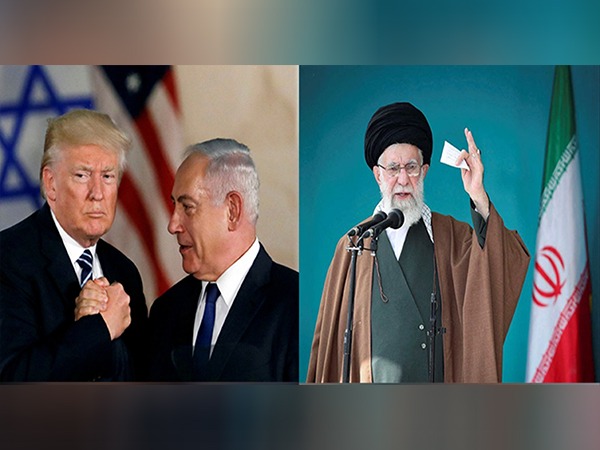Middle East Tensions: US-Israel's Strategic Moves Against Iran
The recent escalation between Israel and Iran, supported by the US, highlights geopolitical tensions in West Asia. With historical animosities and strategic interests, the involvement of the Houthis and potential implications on energy markets, including India’s economic reliance on oil routes, underscore the regional complexities and global repercussions of this conflict.

- Country:
- India
On June 13, global attention shifted when Israel launched significant attacks on Iran's military and nuclear sites, raising fears of broader confrontation. This move, supported by the US, reflects deep-seated regional rivalries in West Asia, as the Houthis of Yemen also took sides, declaring it a war against US interests.
The tensions between Israel and Iran are longstanding, fueled by opposition to Western dominance and regional hegemony. Israel's strikes focus on limiting Iran's nuclear capabilities, though international observers suggest broader political motives. Waiel Awwad, a noted Middle East expert, discusses the geopolitical ramifications of these actions.
The conflict holds significant implications for global economics, particularly for nations like India, heavily reliant on Middle Eastern oil. With potential disruptions to the Strait of Hormuz, questions arise about India's strategies to mitigate energy supply risks. The unfolding situation underscores a complex geopolitical landscape with global economic stakes.
(With inputs from agencies.)
ALSO READ
The Clouds of Conflict: Rising Tensions and Regional Warfare
Sudanese Conflict Escalates Tension in Central African Republic
Shifting geopolitical, geostrategic landscape, ongoing conflicts significantly increased frequency, complexity of our task: Navy chief.
Rwanda-DRC Peace Agreement Brokered to End Conflict
Historic Peace Pact: US-Brokered Agreement Aims to End Congo Conflict










